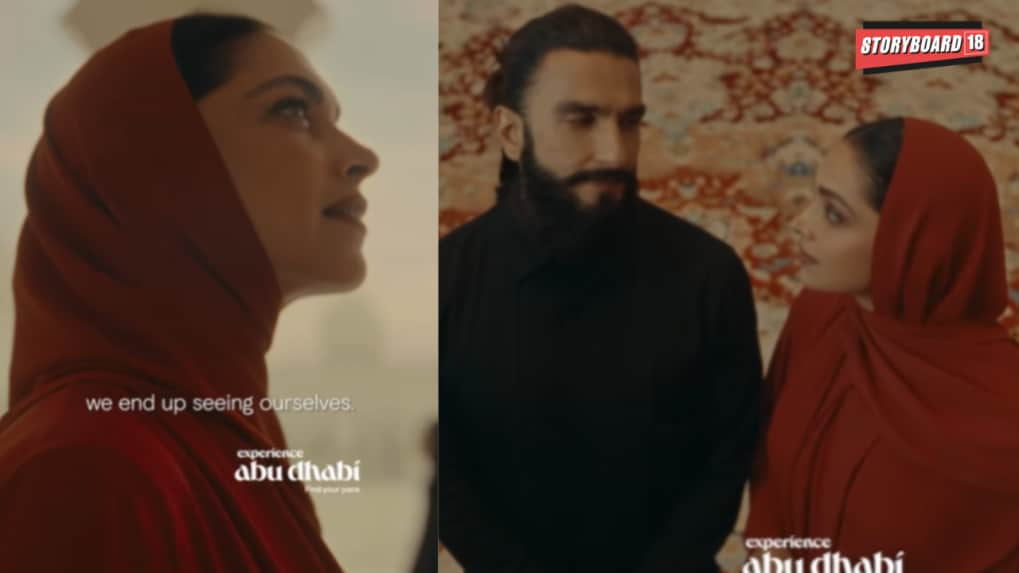Advertising
From Pink Slips to Silent Sidelining: Inside adland’s layoff and anxiety crisis

What was meant to be a celebration of travel and culture has turned into a social media flashpoint. Actor Deepika Padukone’s latest Abu Dhabi tourism campaign with husband Ranveer Singh, where she dons a hijab and abaya while visiting the Sheikh Zayed Grand Mosque has stirred controversy online.
The video, part of the “Experience Abu Dhabi” campaign, showcases the couple exploring the city’s iconic landmarks, from desert dunes to the mosque. While some online users accused Deepika of “appeasement” and “virtue signaling,” marketing insiders see something else, a masterclass in global brand alignment and cultural sensitivity.
In global tourism marketing, authenticity and respect toward local customs are key. As one fan noted on X, “Every tourist who visits Sheikh Zayed Mosque covers their head. Even Beyoncé and Angelina Jolie did.”
Supporters flooded social media, calling the look “elegant,” “classy,” and “respectful.” Many shared pictures of Deepika in Indian temples to underline her consistency in honoring diverse cultures.
By showing Deepika in traditional attire, the ad subtly reinforces Abu Dhabi’s identity as a modern yet deeply rooted destination — respectful, family-oriented and globally welcoming.
For the tourism board, pairing Deepika and Ranveer was a strategic coup as their on-screen chemistry doubles as an emotional hook for travelers seeking shared experiences.
From purpose-driven work and narrative-rich brand films to AI-enabled ideas and creator-led collaborations, the awards reflect the full spectrum of modern creativity.
Read MoreLooking ahead to the close of 2025 and into 2026, Sorrell sees technology platforms as the clear winners. He described them as “nation states in their own right”, with market capitalisations that exceed the GDPs of many countries.